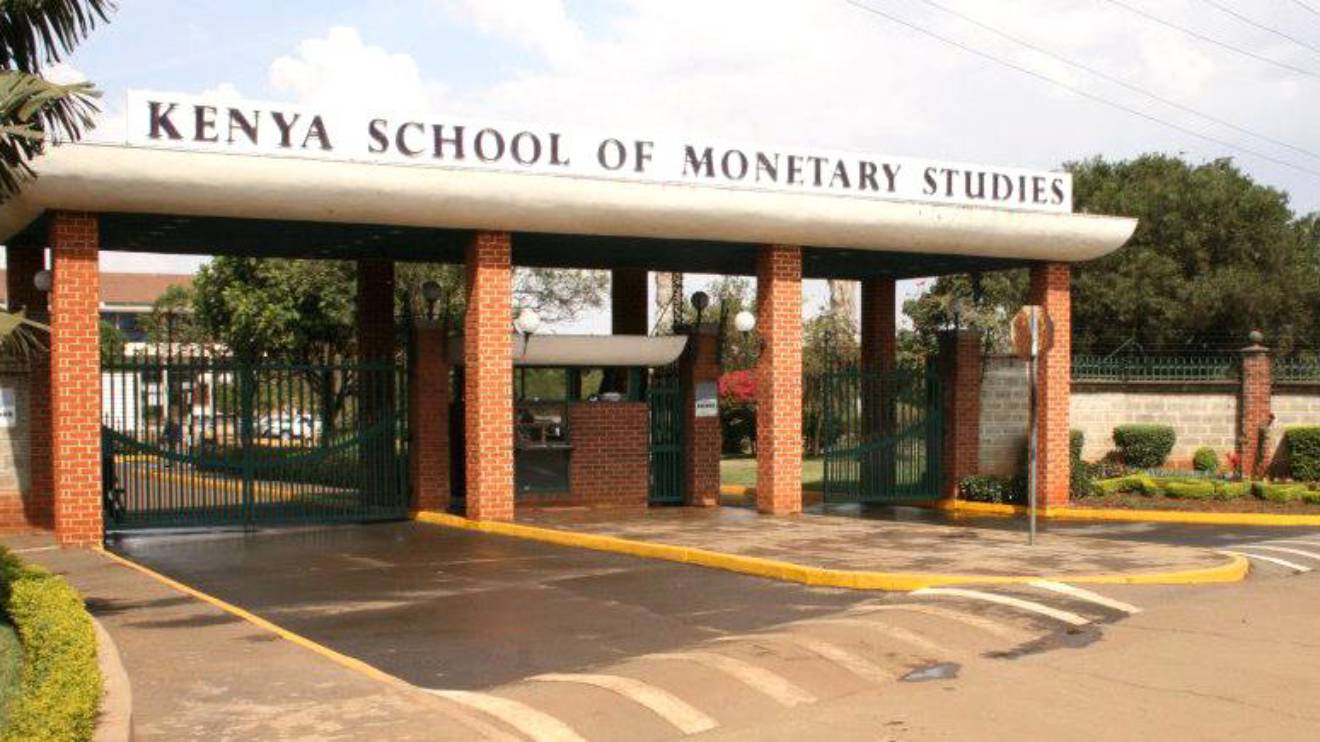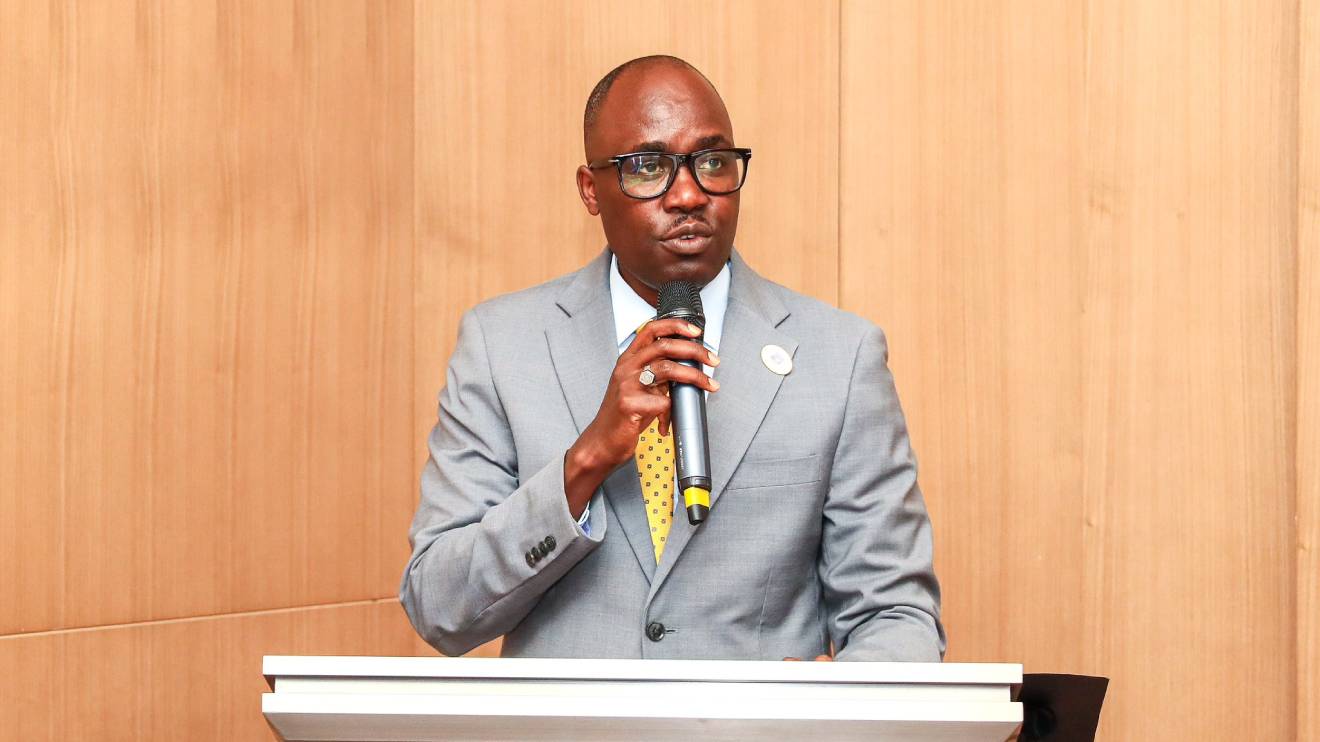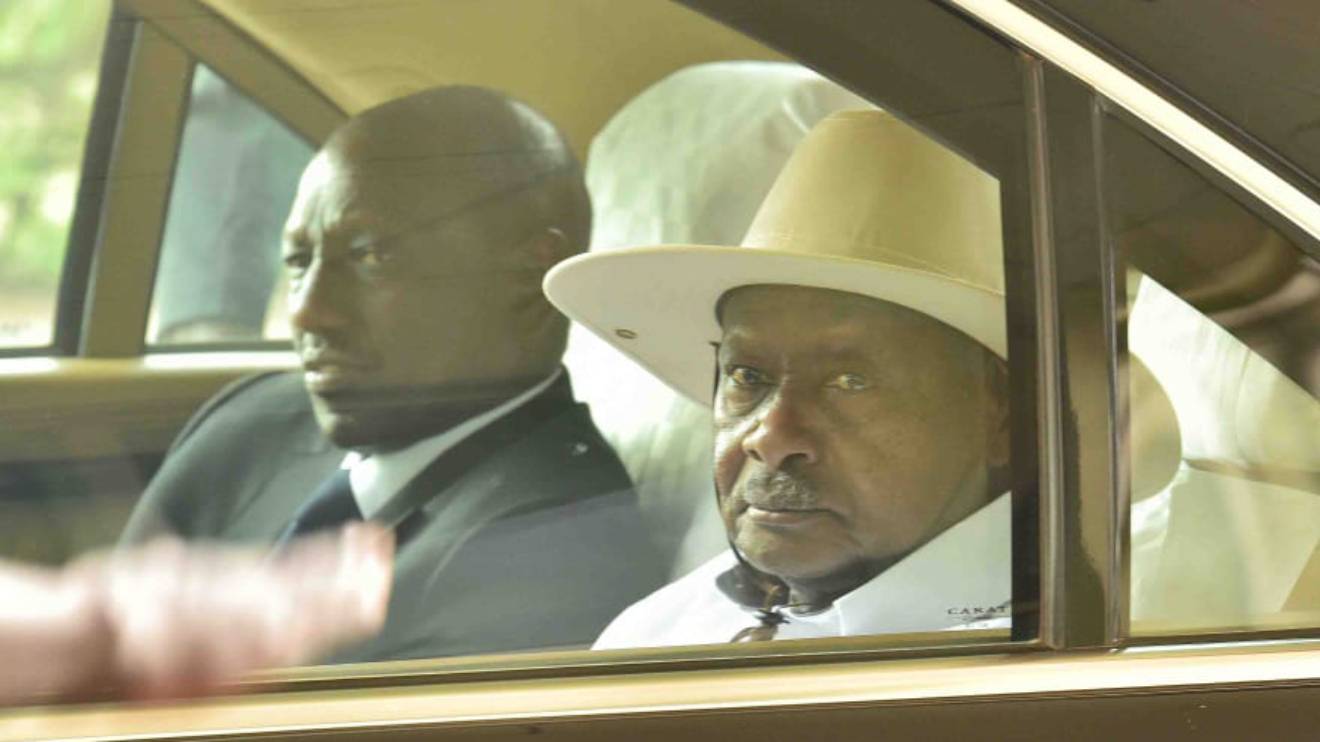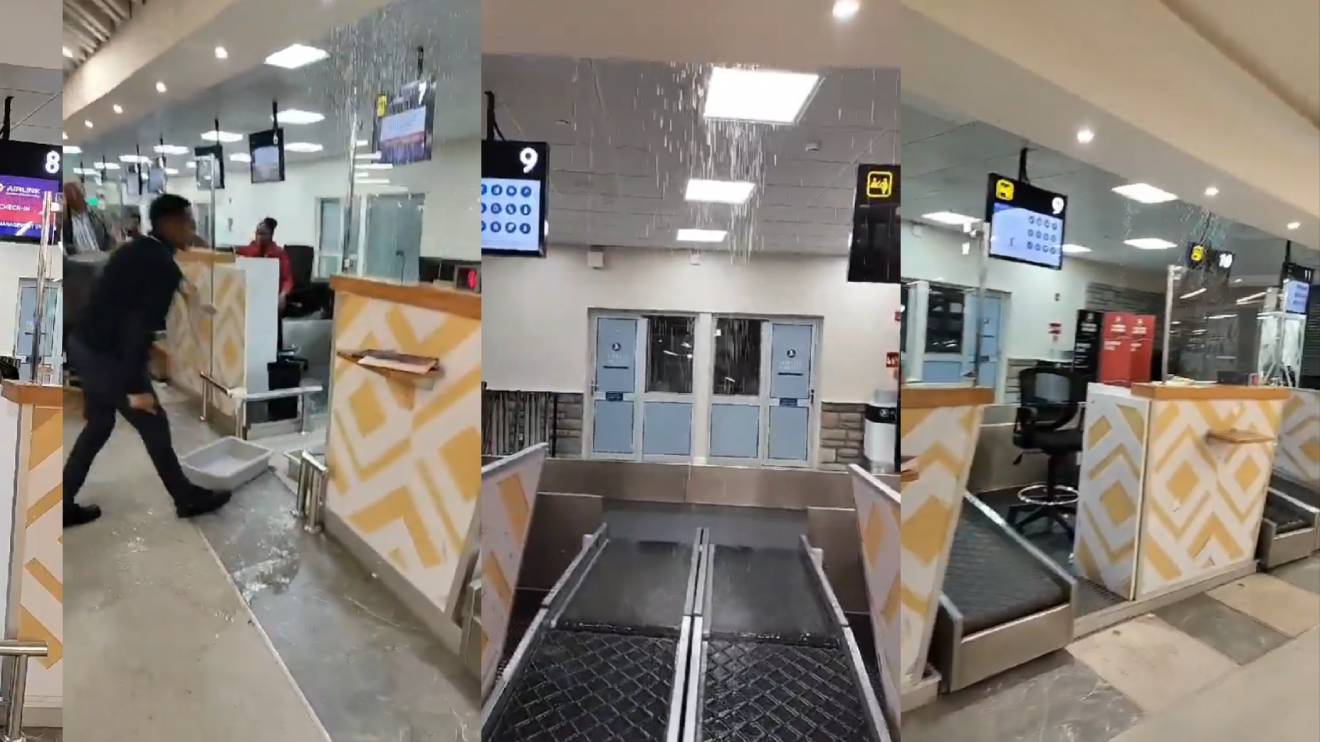The Kenya School of Monetary Studies (KSMS) finds itself at a crossroads, following Parliament's recent directive to proceed with its winding up.
This decisive move overturns the Treasury's three-year objection and paves the way for a dramatic transformation of the training institution.
While the future remains uncertain, the decision marks the culmination of a long-standing tug-of-war between the Central Bank of Kenya (CBK), the school's primary shareholder, and the Treasury.
Frustrated by KSMS's financial woes and annual reliance on CBK guarantees, the bank's board envisioned a simpler solution.
"The committee recommends that... the dissolved KSMS be made a directorate under the CBK given that all the assets and liabilities are currently owned and borne by CBK," declared David Pkosing, chair of the Public Investments Committee, echoing the CBK's desire for absorption.
Read More
However, the 2020 gazette notice of dissolution triggered resistance from the Treasury. Citing significant public investment in infrastructure, they requested a wider government consultation, a move interpreted by the CBK as stalling tactics.
"Thereafter, there was a request made by the Cabinet Secretary, National Treasury and Planning dated May 27, 2020, that KSMS should not be dissolved pending broad consultations within the government," the committee's report states, highlighting the Treasury's stance.
This delay intensified the CBK's frustration, leading to the Attorney General's intervention. In a letter to the Treasury, he urged swift action.
"In the alternative, the Attorney General asked the Cabinet Secretary to provide reasons for any continued objection to the said process," the report reveals, laying bare the pressure building on the Treasury.
Ultimately, Parliament's Public Investments Committee chose to side with the CBK.
Their report, a decisive document in the saga, calls for the winding-up process to be completed within 60 days, followed by the establishment of a CBK directorate to manage the training function.
"The committee recommends that there being no justifiable reason as to why the National Treasury objected the dissolution of the KSMS, the Registrar of Companies to proceed with the winding up process of KSMS, within 60 days of tabling this report," Pkosing stated, leaving no room for further dispute.
Despite the clarity of the directive, questions remain.
How will the transition affect ongoing programs and staff?
Will the new structure adequately fulfill the training needs of the financial sector?
"The committee further noted that the request by the CBK to dissolve the KSMS will make the institution fully a department of CBK hence certainty in its going concern," Pkosing acknowledged the potential benefits of streamlining operations.
While anxieties linger, one thing is certain: the Kenya School of Monetary Studies as we know it is about to undergo a profound change.
Whether it emerges as a dissolved entity or a reinvented department within the CBK, its future remains an intriguing chapter in the ever-evolving narrative of Kenya's financial education landscape.
This revised version retains all the crucial quotes while maintaining a narrative flow and highlighting the competing perspectives.
It also emphasizes the remaining uncertainties and the significance of this decision for the future of Kenyan financial education.








-1714232911.jpeg)


